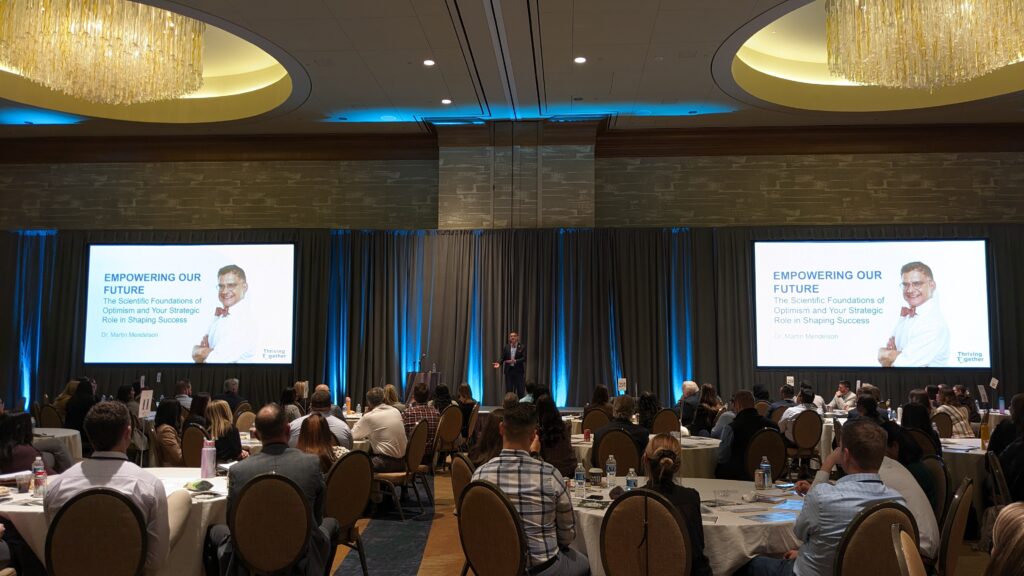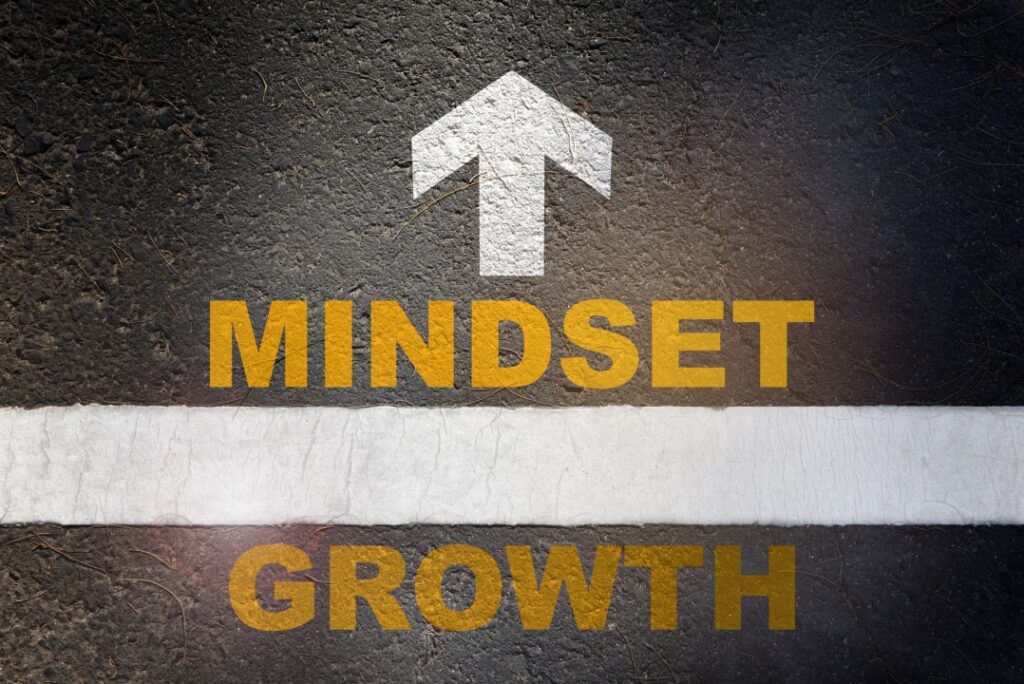The Power of Professional Groups and How to Find Your Home.
Having just attended and hosted the 15th Spear Education Annual Summit, I was struck by the energy in the room and the thirst for reconnecting with colleagues and continuing their professional development and learning. We had almost 1,000 dental professionals in attendance, and the energy was infectious.
The COVID-19 pandemic has significantly impacted people’s attitudes towards conferences in a post-COVID world. While some people may be eager to attend meetings in person again, others may still have concerns about the safety of large gatherings and may prefer virtual or hybrid meetings.
From what I witnessed, we are certainly coming out of our slumber of the pandemic.
But why is this so important, gathering with others? One way to answer this is to discuss the Grant Study.
The Grant Study was a longitudinal study conducted by Harvard University that followed the lives of 268 men over 75 years, from adolescence to age. The study aimed to identify the factors contributing to healthy and fulfilling lives.
One of the study’s key findings was the importance of relationships in promoting happiness, health, and longevity.
The Grant Study found that people with strong and supportive relationships with family, friends, and community are happier and healthier than those who are more socially isolated. The study also found that the quality of relationships is more important than quantity, meaning that having a few close relationships is more beneficial than having many superficial ones.
The study found that people with satisfying relationships tended to have better physical and mental health outcomes. They were less likely to develop chronic illnesses, such as heart disease and depression, and more likely to have successful careers and happy marriages. The study also found that the quality of relationships in early life predicted health and happiness in later life, suggesting that the benefits of social connection accumulate over time.
Overall, the Grant Study provides strong evidence for creating and maintaining meaningful relationships with others in promoting health, happiness, and well-being throughout our lives.
So the Grant Study discusses the positive benefits of all relationships, but what should you expect when it comes to professional associations and communities?
I propose four key outcomes:
Networking: A professional community provides opportunities for individuals to network with others in their industry or field. This can help individuals establish new relationships, find job opportunities, and learn about new developments in their area.
Learning and Development: A professional community can help individuals stay current on the latest trends, best practices, and emerging technologies in their field. This can help individuals enhance their skills and knowledge and remain competitive.
Support and Mentorship: A professional community can provide individuals with support and mentorship. Members can share their experiences, offer advice and guidance, and provide emotional support to one another. This can help individuals navigate challenges and overcome obstacles in their careers.
Collaboration and Innovation: A professional community can foster collaboration and innovation. Members can collaborate on projects, share ideas and insights, and collaborate on research and development. This can create new products, services, and solutions that benefit the industry and society.
A professional community can help individuals advance their careers, stay current, and build meaningful relationships with others in your industry.
For some professions, it is easier to find a professional community than in others. In Dentistry, for example, joining a study club is a great way to network with colleagues.
But what about other professions/industries? Where do you start? Below are five ways to create professional networking opportunities of your own:
Industry Events and Conferences: Attend industry events, conferences, and trade shows related to your field. These events provide opportunities to meet new people, learn about new developments in your industry, and share your knowledge and experience.
Social Media: LinkedIn and other social media platforms can be great resources for networking. Join industry groups, participate in discussions, and connect with other professionals in your field.
Professional Associations: Join professional associations related to your field. These organizations often offer networking events, webinars, and other opportunities for professional development and networking.
Alumni Associations: Join your college or university’s alum association. These organizations often host networking events and provide opportunities to connect with other alums in your field.
Volunteer and Philanthropic Organizations: Volunteer and participate in philanthropic organizations that align with your interests and values. These organizations often attract like-minded professionals and provide opportunities to build meaningful relationships.
Meetup Groups: Attend Meetup groups related to your industry or interests. These groups often provide opportunities to network with other professionals in a more relaxed and informal setting.
In the end, personal and professional relationships will not only help you in your career but will help manifest an overall sense and state of well-being and happiness.
My name is Martin Mendelson. I am on a mission to help other professionals live more fulfilled lives by finding courage through engaging in success via mindset and positivity.
Want to learn more? Click my name, follow + shoot me a message to connect.
Doc Martin



